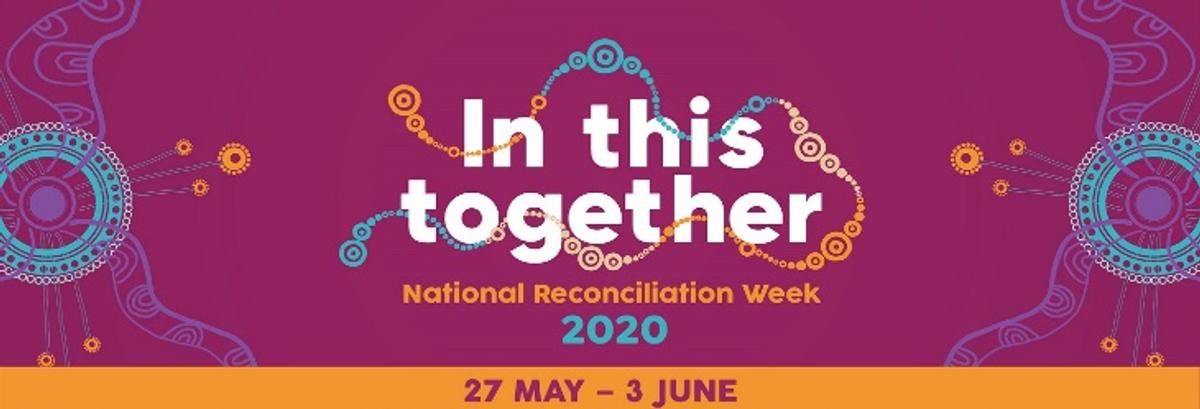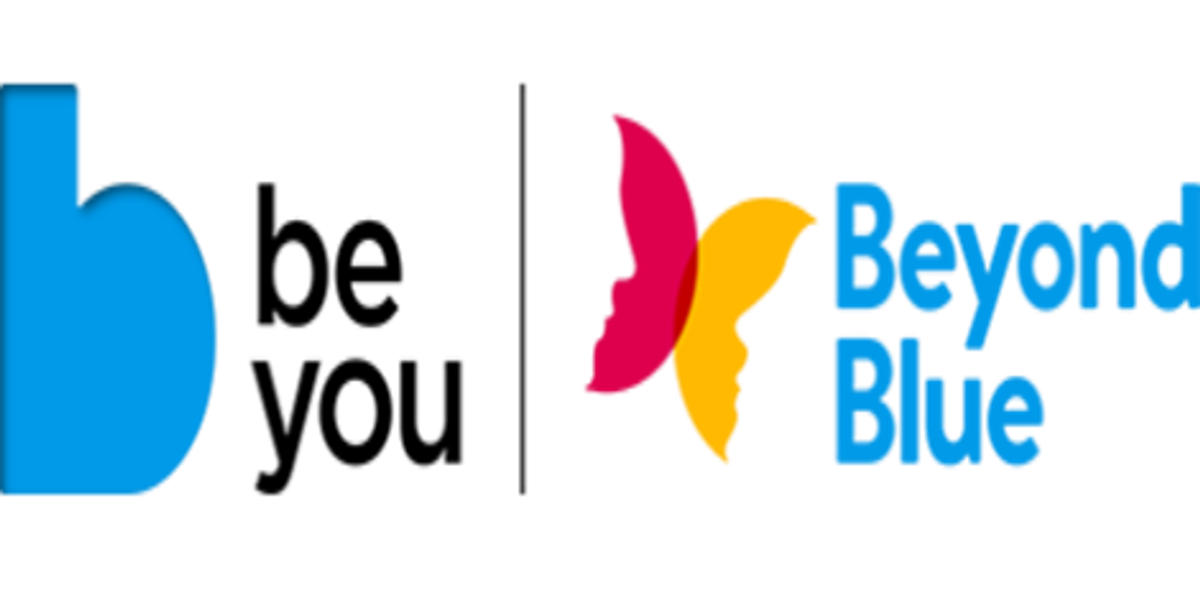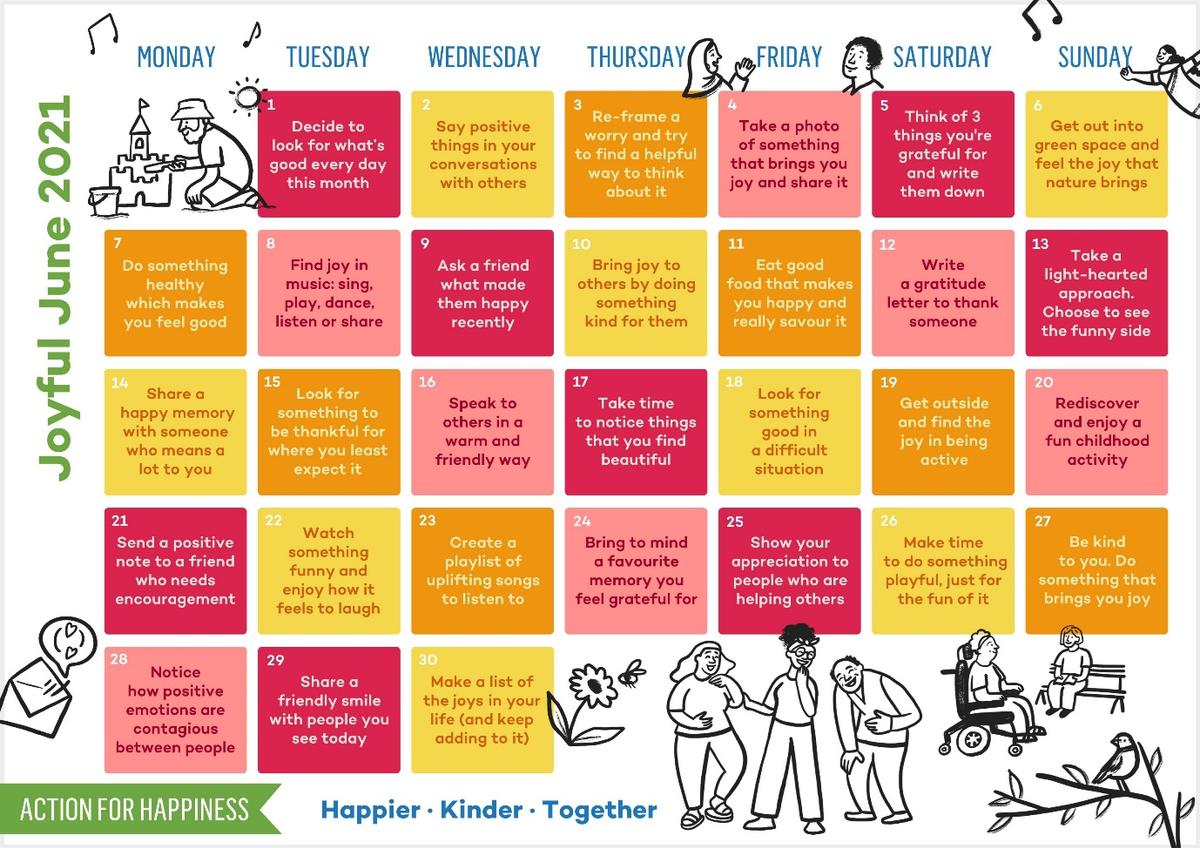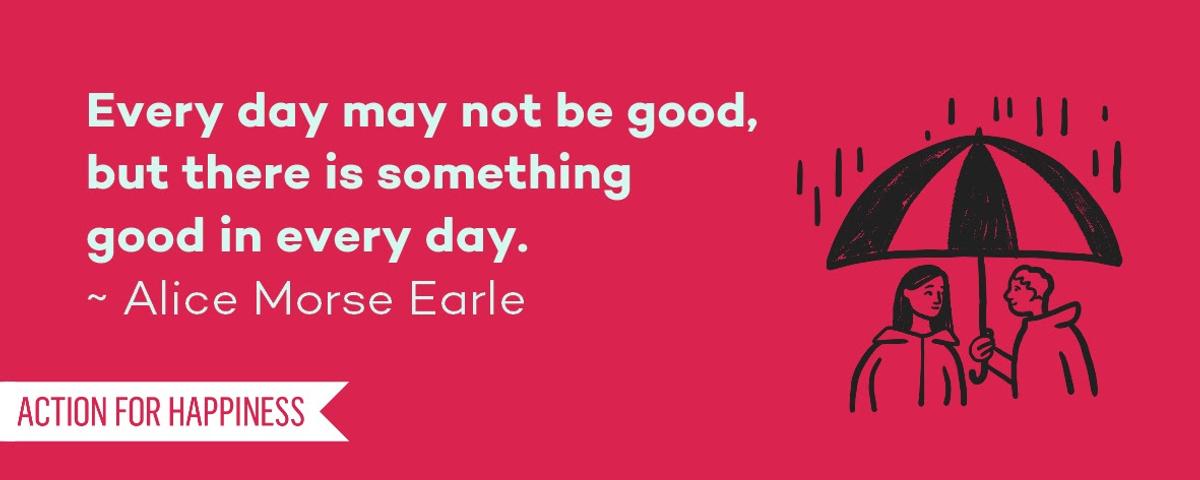Wellbeing
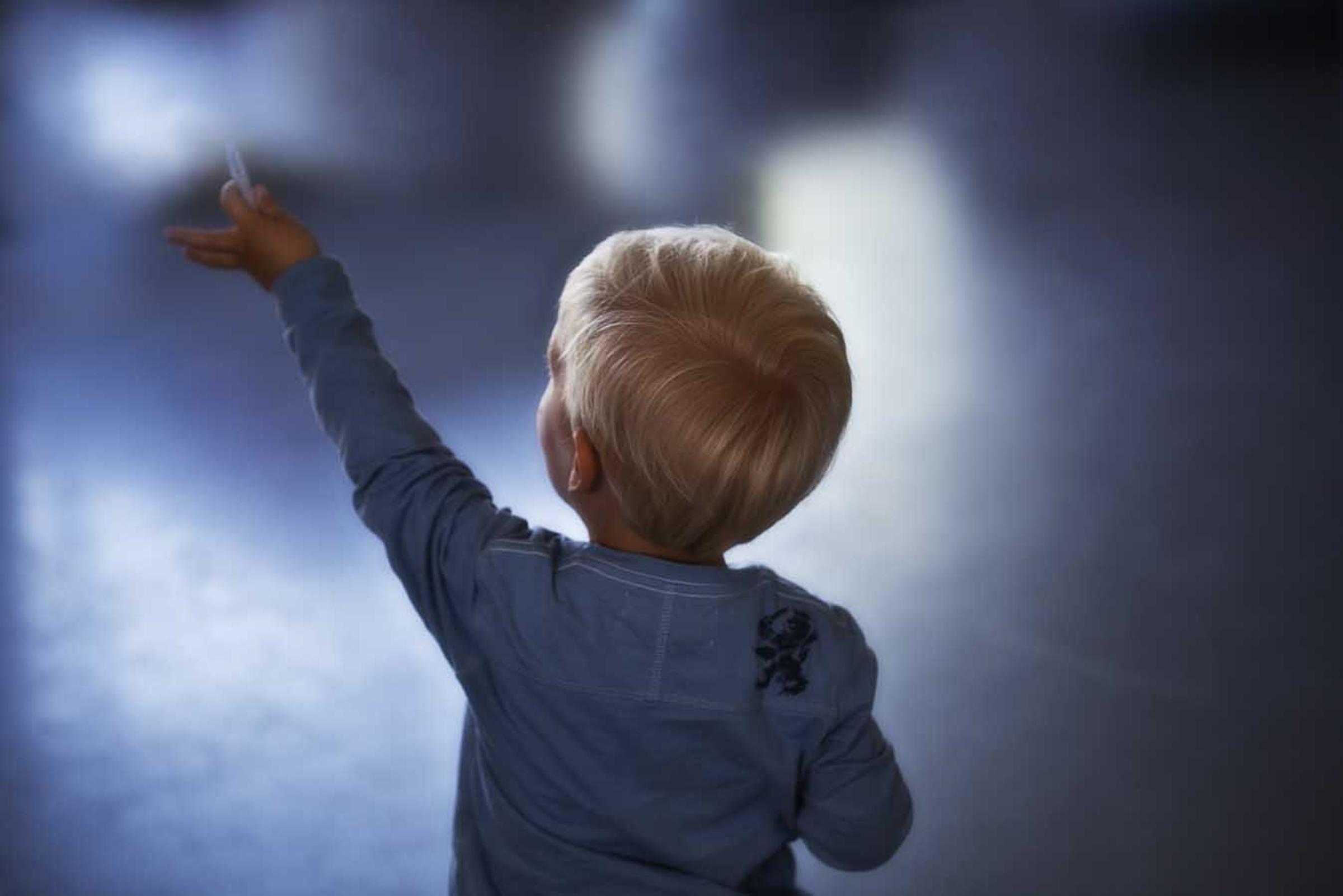
National Reconciliation Week
This week is National Reconciliation week. Reconciliation is a journey for all Australians – as individuals, families, communities, organisations and importantly as a nation. At the heart of this journey are relationships between the broader Australian community and Aboriginal and Torres Strait Islander peoples.
The Resilience Project
The notion of family in Aboriginal and Torres Strait Islander cultures is closely tied to themes of connectedness and kinship. In this setting, family structures are pivotal to identity formation, understanding one’s own spiritual and cultural belonging, and assists in establishing strong links with community. Ultimately, family and kinship are a cohesive force that bind Aboriginal people together. Check out this video to find out more about the kinship system for Aborginal and Torres Strait Islander people.
https://www.youtube.com/watch?v=mNtPcW4t1PY
To facilitate more positive conversations as a family, the below questions have been developed to help families practise the GEM principles daily within conversation. They are a great way to build deeper connections as your family shares a meal either in the morning, afternoon or evening or at a time that works best.
Here are some great GEM CHAT questions and ideas to get you started:
● Remember someone who has done something kind for you recently. What did they do for you? How did this make you feel?
● What is your perspective? Can you put yourself in someone else’s shoes and understand their point of view?
● Who is someone you know who may be experiencing some difficulty currently? What could we do for them as a family?
● What is something kind you are going to do for someone today?
Head to TRP@HOME for a range of extra ideas, resources and activities that you can do to check-in and support the mental health of everyone in your home
BeYou is a resource for educators that promotes the mental health of all members of the school community. This week’s fact sheet from the BeYou website is on mental health services.
This snapshot offers an overview of mental health services in Australia.
Providing access to support can be instrumental in helping a child or young person. Early learning services, School Age Care services and schools have their own policies and procedures to support this process.
Follow the policy and procedures in your learning community to understand both your role and whose responsibility it is to arrange support for a child or young person. Educators have a vital role in noticing when children and young people need support; just remember not to diagnose or make conclusions about their state of mental health.
The levels of service available in Australia’s mental health system are broadly described as follows.
Universal services
Universal services are designed to be available for everyone and are at the frontline of Australia’s healthcare system.
This tier of services includes internal supports available in your learning community, such as the wellbeing team or inclusion advisors. Other examples are GPs, maternal and child health nurses, school nurses, Early Childhood Early Intervention (ECEI) partners, youth workers and wellbeing staff.
This tier could also include activities or services in the community that everyone can access, such as parenting groups, community activities and online resources.
Secondary services
Secondary health services are for people who need targeted support from a specialist. For children and young people, secondary services might include, paediatricians, psychiatrists, allied mental health practitioners including psychologists, mental health social workers, ECEI partners in the National Disability Insurance Scheme (NDIS) and occupational therapists.
Tertiary (or specialist) services
These are for children and young people who are experiencing complex mental health issues or conditions and are at high risk of harm, and who may need to be referred to a specialist mental health service.
This level of service includes paediatric clinics, child and adolescent/youth mental health services (CAMHS, CYMHS) or hospital inpatient services.
Often a GP or secondary health service, in consultation with the child or young person and their family, would make a referral to this level of service. A hospital may also refer a child or young person from its emergency department to a specialist service.
Joyful June
Even on difficult days, there are still things to be grateful for. And by noticing more of the good things, we can train our brains to be more resilient. So this month we're encouraging everyone to find and share the little joys in life. Especially given the difficult time we are currently facing with lockdown and remote learning, it is more important now than ever to practice gratitude daily. The Joyful June calendar is full of actions to help you find more joy, even though life isn't perfect. Try some of these actions during remote learning this month with your families.
Thought for the day
If you are worried about the wellbeing of your child, don’t hesitate to contact me. rlenko@sfslynbrook.catholic.edu.au
If your child is especially finding it difficult during remote learning, I am happy to set up a google meet time in the morning for a check in and to help in anyway.
Rachel Lenko
Student Wellbeing Leader

